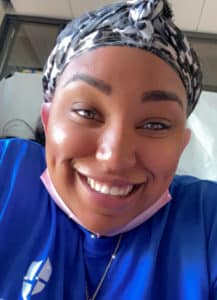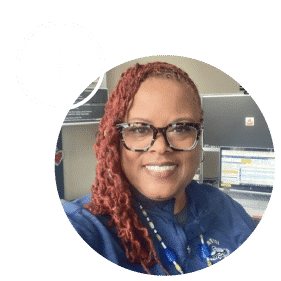- Our Programs
On-site at your school, in a place full of caring educators, new and best friends, and heaps of fun!
Register now for Summer 2024!
From the start of the School Year through the Summer — we’ve got you covered all year long!
Individual after school programs in music, sports, languages and more!
- Partner With Us
Bring RAS to Your District
Get started today and bring our exceptional enrichment programs to your community.
- Careers
- Our Programs
On-site at your school, in a place full of caring educators, new and best friends, and heaps of fun!
Register now for Summer 2024!
From the start of the School Year through the Summer — we’ve got you covered all year long!
Individual after school programs in music, sports, languages and more!
- Partner With Us
Bring RAS to Your District
Get started today and bring our exceptional enrichment programs to your community.
- Careers








 Inspiring Story from Area Manager Jena Frey
Inspiring Story from Area Manager Jena Frey




